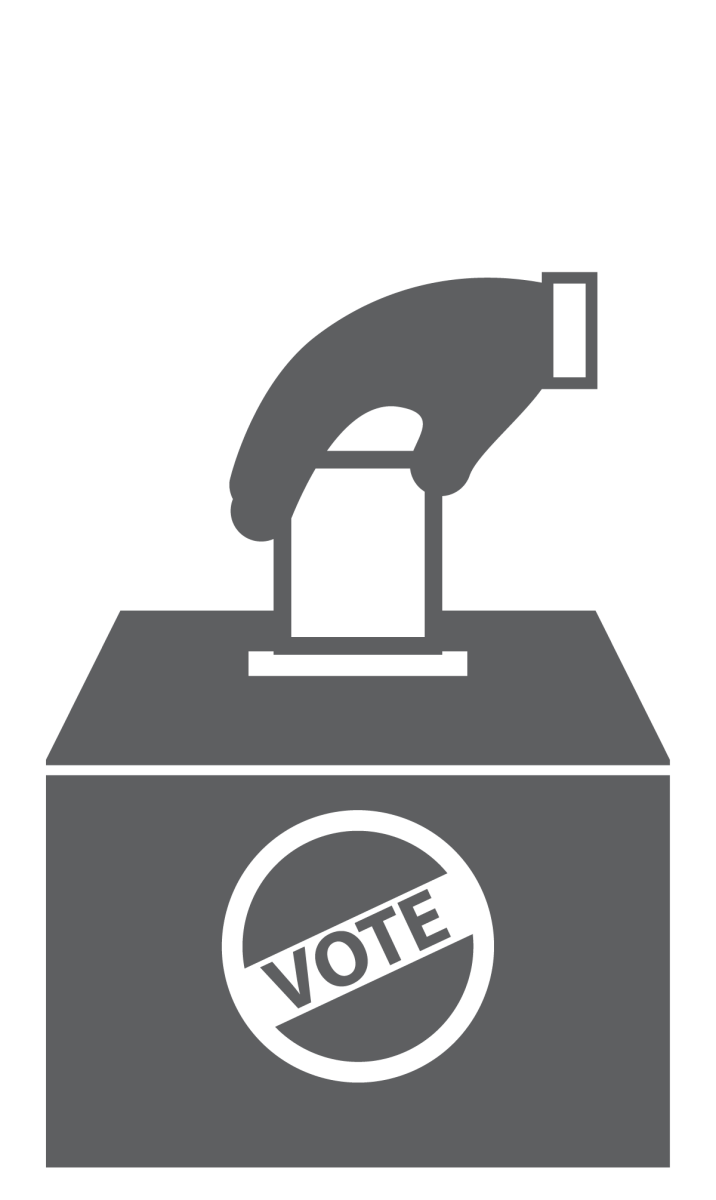
Mikhail Vasquez
Voting Graphic
For those of you who thought your vote counted in the March primaries, you were partially right. At least you voted, and you got to vote for the big names you recognized from the news. But as far as those other bubbles you filled in, the slate has been wiped clean. You get to vote again because the North Carolina legislature got scolded in February for drawing the voting districts around racial lines to intentionally disenfranchise voters.
June 7 is the date of the remaining congressional primaries to be reconsidered now that North Carolina has its new district layout. Most voters will be casting ballots for their congressional candidates again, depending on which district you live in, but everyone gets the chance to vote for one of the four North Carolina Supreme Court justices, with the top-two candidates to appear on the ballot again in November.
“The congressional primary [in March] didn’t happen,” said Jen Jones, communication manager for Democracy NC, a non-partisan policy advocacy group that has been busy fighting against the confusion at the voting booths over the last few months.
It was only on May 31 that the votes from the presidential primary were finalized due to a statewide audit conducted to verify the extent of the damages from the newly approved voter ID laws, which revealed that some county boards of election violated state law in the handling of ballots, delaying the statewide canvass by two months.
Jones said that the new laws intended to combat voter fraud, which moved polling sites off of college campuses, shortened the early voting period by seven days, eliminated same-day registration and require multiple forms of identification, are creating a bureaucratic nightmare for poll workers and a democratic nightmare for voters.
“Tens of thousands of voters have been affected by these laws, either by not having the requirements or just the confusion of how to get their vote counted,” Jones said. “What you’re looking at with the voter ID law is, like [House Bill 2], is that it doesn’t do just one negative thing.”
J Hallen, a junior studying business administration with a minor in Russian studies, is working to make sure that as many students as possible are aware of the election changes.
“The student vote is one of the most important ways that we, as younger individuals, can take part in the political process,” Hallen said. “Participating in politics, whether by voting or talking to legislators, is one of the best ways to create social change.”